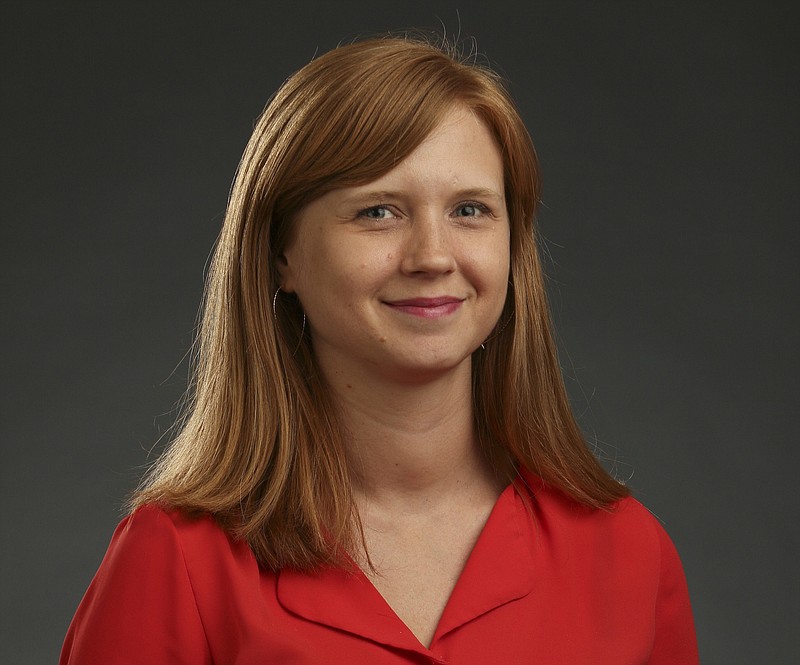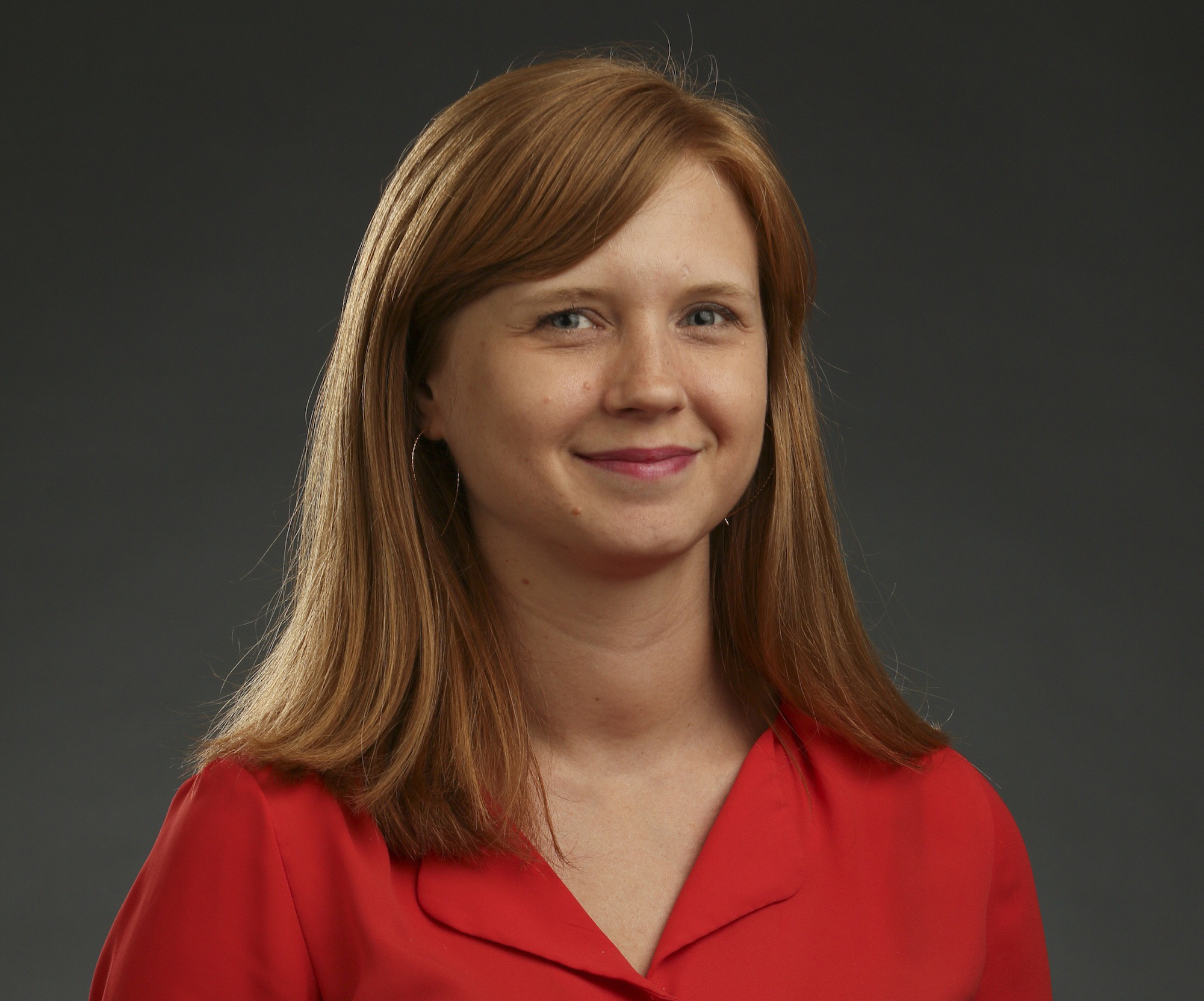While attending a 2014 fundraiser for the nonprofit political action committee Emily's List, U.S. Sen. Elizabeth Warren quipped, "If you don't have a seat at the table, you're probably on the menu." Sen. Warren's oft-quoted metaphor was in reference to the lack of female representation in Congress; but three years later those words still ring true, and not just for the congressional table of power.
Too many decision-making "tables" in our country lack equal representation for women, and especially women of color. From those in local government to those in the c-suite of multinational corporations, seats at these tables continue to be mostly occupied by white men, and today's politics show it.
The facts:
» The U.S. ranks 101st in the world for female representation in government, behind Rwanda.
» Women and women of color hold only 20 percent and 3 percent, respectively of corporate c-suite seats.
» Women and women of color hold only 19 percent and 7 percent, respectively, of U.S. congressional seats.
» No women have been elected as governor of Tennessee or mayor of Chattanooga.
The good news? Tables are turning. This year, more than 3 million people across the country joined the Women's March to unify for women's rights. U.S. Rep. "Auntie" Maxine Waters famously reclaimed her time. We shared #metoo as sexual predators were removed from power. And Sen. Warren persisted. Then last Tuesday, 98 percent of black women who went to the polls in Alabama voted #NoMoore in the U.S. Senate special election that denied power to an accused child molester. Sure, some of it is hashtag feminism. And yes, high voter turnout from black women is not the same as a woman of color being elected to office or made a corporate CEO.
But here's the thing: This year's engaged citizen who votes and uses social media to get others to the polls could be next year's campaign volunteer who is also more interested in applying for a leadership position at work. Likewise, a 2018 campaign volunteer could be a 2020 candidate for elected office or apply to take a seat on a local government board or commission. Civic engagement now can lead to civic leadership later. It already happened last month when women won big in local elections across the country: Andrea Jenkins went from activist to the Minneapolis City Council, Danica Roem from engaged citizen to the Virginia Legislature, and Michelle De La Isla from community volunteer to Topeka mayor.
Locally, former state Senate candidate Khristy Wilkinson now heads the Hamilton County Democratic Party; volunteer leaders of the Mayor's Council for Women have organized a statewide women's policy conference for 2018; and several female community volunteers are making bids to run for elected offices in 2018, including those on the Hamilton County Board of Education, Hamilton County Commission and U.S. Congress.
Open seats at those and other tables of power are being watched closely by women and women of color - and guess who's coming to dinner to fill them? A racial demographic that has disproportionately experienced voter suppression, housing discrimination and school segregation, as well as a gender demographic that has long been quieted through tactics such as sexual violence, illegal employment practices and gender-based cultural norms that quash female leadership.
Neither have forgotten how they have been silenced by those currently in seats of power. Both plan to make some noise, as well as room for others who have been disenfranchised. And when those tables finally do turn and they rightfully reflect the demographics of our communities, the only thing on the menu will be injustice. Bon appétit.
Holly Ashley is a community activist and former nonprofit administrator. Contact her at Ladyhumans@gmail.com.

